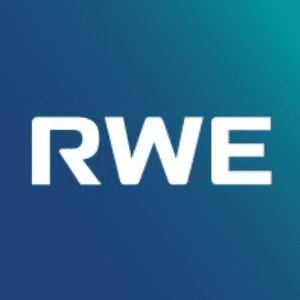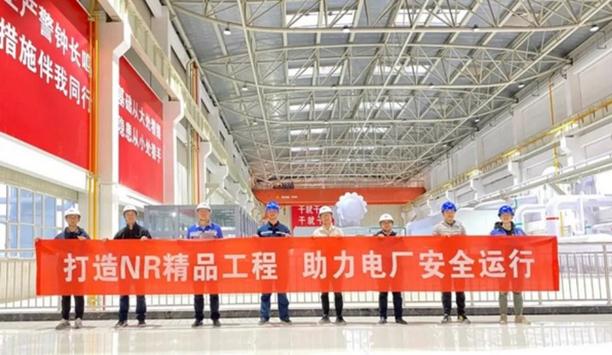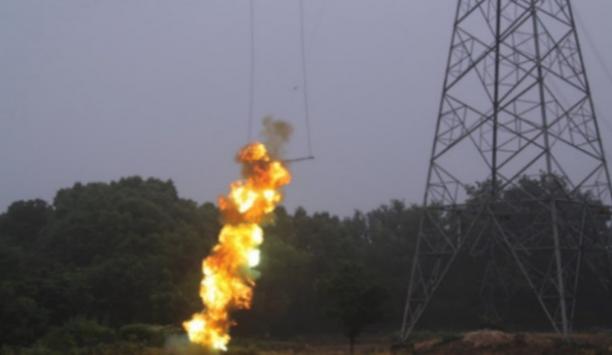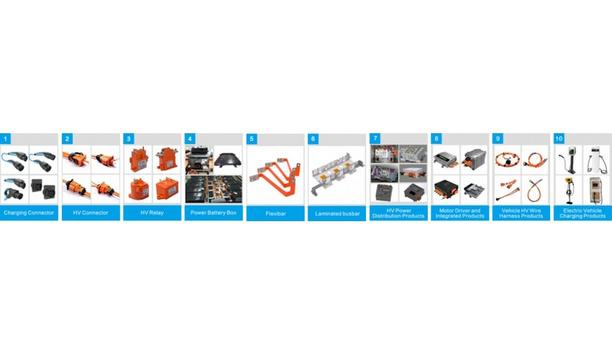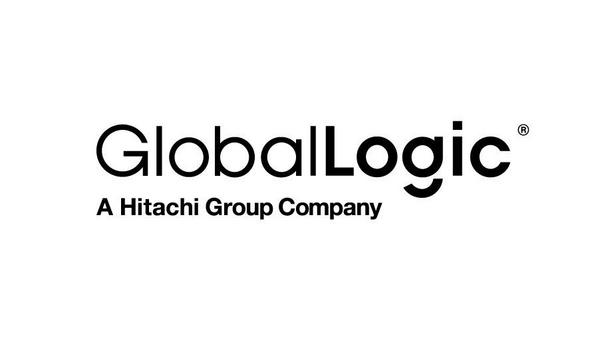Following the European Commission’s clearance of the takeover of innogy today, E.ON intends to swiftly carry out the integration of innogy into the Group. “The new E.ON’s future begins today. The integration of innogy will create a company fully dedicated to putting customers at the center of everything it does.”
“We want to partner with our customers to actively shape the new energy world while becoming more innovative, using energy with ever-greater efficiency, and making an effective contribution to climate protection,” E.ON CEO Johannes Teyssen said.
Enhancing company’s performance
The innogy integration will enhance the company’s performance in the interest of its customers, enterprise partners, employees, and shareholders.
“By combining our strengths with innogy’s, we’re creating a company whose smart grids are bringing more and more green power to people, companies, and communities and linking them together. A company that develops innovative and attractive products and services for more than 50 million customers in 15 countries.
“That same company will provide more than 70,000 employees with jobs that are secure well into the future. And will offer shareholders attractive value and growth prospects,“ Teyssen said.
Commitments to European Commission
The European Commission’s clearance is linked to various commitments by E.ON
The European Commission’s clearance is linked to various commitments by E.ON to exit certain businesses. These include innogy’s electricity and gas retail business in the Czech Republic and part of E.ON’s electricity retail business in Hungary.
The commitments in Germany relate primarily to a significant part of E.ON’s heating electricity business, and the construction and operation of a number of electric-vehicle charging stations on motorways.
“We would have liked to continue these businesses, but we are committed to carry out the measures agreed with the European Commission. Considering the new E.ON’s outstanding development opportunities, these concessions are tolerable,” Teyssen said. Altogether, retail businesses with roughly 2 million supply customers will need to be divested, especially in Eastern Europe. However, E.ON will not need to divest any network businesses.
Supervisory Board expansion
As decided at E.ON’s Annual Shareholders Meeting in May 2019, after E.ON completes the takeover of innogy, the E.ON Supervisory Board will be increased to 20 members.
“The purpose of the enlargement is to give innogy employee representatives a voice on the E.ON Supervisory Board and to ensure that we can draw on the experience of the shareholder representatives from innogy’s current Supervisory Board.”
“RWE, which will soon be our biggest shareholder, will have a representative on the Supervisory Board as well,” E.ON Supervisory Board Chairman Karl-Ludwig Kley said.
The shareholder representatives
The new E.ON will continue to be led by the current company’s Management Board
The shareholder representatives to be proposed by E.ON for court appointment are Rolf Martin Schmitz, CEO of RWE, as well as entrepreneur Ulrich Grillo and U.S. management consultant Deborah B. Wilkens, both of whom are currently still members of the innogy Supervisory Board. In addition, Monika Krebber, Stefan May, and René Pöhls will become members of the E.ON Supervisory Board as innogy employee representatives.
The new E.ON will continue to be led by the current members of the company’s Management Board. The E.ON Supervisory Board reaffirmed its earlier decision for Johannes Teyssen to continue to lead the company as CEO. The Supervisory Board also confirmed Leonhard Birnbaum, Thomas König, Marc Spieker, and Karsten Wildberger as members of the E.ON SE Management Board. It extended CFO Marc Spieker’s contract by five years, until the end of 2024.
New energy world
“During the past few years, Johannes Teyssen has focused E.ON on the new energy world. He’s the right person to oversee the swift and successful integration of innogy and our company’s further profitable development,” Kley emphasized.
He added that the other Management Board members likewise have the right skills, personalities, and experience to propel E.ON’s development after the innogy takeover. “After a thorough review, the members of the Supervisory Board therefore reached the shared conclusion that E.ON’s successful leadership team shouldn’t be changed.”
“Obviously, the Supervisory Board’s resolution from December 2016 for women to account for 20 percent of the E.ON Management Board by the end of 2021 still stands, and in due course we’ll take action to ensure that it’s implemented,” Kley explained.
First leadership level
E.ON has now also filled the future executive positions that are competitively sensitive
E.ON has now also filled the future executive positions that are competitively sensitive and has thus appointed almost the entire level of management below the Management Board. As was the case for those selected in June, the newly appointed executives also come in almost equal parts from E.ON and innogy.
“We selected the most appropriate person for each role in the new E.ON. I’m very pleased that the future leadership team will be equally represented by E.ON and innogy and that we increased the proportion of female executives at this level to approximately 25 percent,” Teyssen said.
Sales and Customer Solutions
Victoria Ossadnik will be appointed as the CEO for Sales and Customer Solutions in Germany. Katherina Reiche (currently chief executive of the German Association of Local Public Utilities, VKU) will head up one of the largest and most important operational units in E.ON's German grid business from January 2020 on.
“I am extremely pleased that we have been able to secure two such effective managers for the largest companies within the E.ON Group,” stated Johannes Teyssen. “In addition, in appointing Katherina Reiche, we are sending a clear signal of how important close cooperation with municipalities and public utilities remains,” Teyssen continued.
Essen as energy capital
E.ON will be based in Essen, and the Brüsseler Platz office tower will remain its corporate headquarters
As planned, the new E.ON will be based in Essen, and the Brüsseler Platz office tower will remain its corporate headquarters. “This, along with RWE’s reorganization, means Essen retains its standing as an energy capital,” Teyssen said. From Essen, the company will manage its network and customer solutions business in 14 European countries and Turkey.
E.ON’s corporate headquarters in Essen will also house its innovation center, which will provide an important impetus for a successful energy transition in Europe and for reducing carbon emissions. This fits with the company’s plan to eventually create new, future-oriented jobs especially in Essen.
In many respects, Essen offers ideal characteristics to serve as the company’s corporate headquarters. These include good infrastructure, an attractive setting in the heart of the Ruhr region and North Rhine-Westphalia, and a thriving cultural scene. “The Ruhr metropolitan area is a great place to live and work,” Teyssen emphasized.
Synergy targets reaffirmed
Teyssen reaffirmed E.ON’s target of achieving €600 to €800 million in synergies from 2022 onward. “Our shareholders can count on that,” the E.ON CEO said. He added that the company also continues to plan to reduce staff by at most 5,000 jobs – less than 7 percent of its workforce – until the synergy target is reached.
“We’re standing by our commitments. This also includes their commitment to implement the staff reductions in a socially responsible manner.” The European Collective Policy Statement and “Future and Job Security,” the collective bargaining agreement for Germany concluded with the employee associations and trade unions ver.di and IGBCE, will provide the necessary framework.
“A big transaction like this creates uncertainty on both sides. We therefore want to provide employees with clarity as swiftly as possible. That’s the best foundation for future growth, for jobs that are secure well into the future, and, later, for new jobs,” Teyssen said. First of all, some details of E.ON’s future organizational setup will have to be worked out.
Preparations for integration
E.ON has laid the cornerstone for successful integration in the previous 12 months
In partnership with innogy, E.ON has laid the cornerstone for successful integration in the previous 12 months. Project teams with representatives from E.ON and innogy have been working since last summer to design the E.ON Group’s future organizational setup. “The collaboration with innogy has been characterized by trust and mutual respect, for which I’m very grateful, in particular to Uwe Tigges und the current innogy Management Board,” Teyssen emphasized.
The preparations for the new setup drew on the experience of both companies in order to achieve the greatest possible benefit for customers. “The design of our network business, for example, will adopt E.ON’s approach. Our network companies rank among the most efficient in Germany. Network customers benefit from this. Going forward, we want to achieve this for as many of our distribution networks in Europe as possible.”
“E-mobility, on the other hand, is an example of a business where we want to leverage innogy’s special capabilities in order to offer our customers even more attractive options for switching to an electric vehicle,” Teyssen said.
Management responsibility
“We’re aware that the EU’s clearance gives us overall responsibility for the new E.ON,” Teyssen stated. Expected tomorrow, RWE’s nearly 76.8-percent stake in innogy will be transferred to E.ON. RWE’s 16.7-percent stake will make it E.ON’s biggest shareholder.
As E.ON’s takeover offer from last year to minority shareholders will be completed by the end of next week, its innogy stake will then increase by just over 9.4 percentage points.
Together with the shares acquired on the market in the past months, E.ON will then hold a total of 90 percent of innogy shares. In addition, E.ON expects to have appropriate representation on innogy’ Supervisory Board as quickly as possible.
Merger squeeze-out
E.ON already announced its intention to carry out a merger squeeze-out
At the beginning of September, E.ON already announced its intention to carry out a merger squeeze-out under the German Transformation Act and, in doing so, acquire the stake in innogy that is currently held by minority shareholders.
“Expected tomorrow, innogy will belong to E.ON. We’ll take over the management of innogy in a series of clear steps. Of course, we’ll respect the rights of innogy’s remaining minority shareholders.”
“We’ll initially manage innogy as an E.ON Group subsidiary and, in the upcoming integration phase, will gradually adjust its corporate governance as is customary in such processes. Our aim is and remains the swift and complete integration of innogy.”
Transfer to RWE
The transaction with RWE also includes the transfer of E.ON and innogy’s renewables businesses. E.ON’s renewables segment will be transferred to RWE by the end of September, with innogy’s following as soon as possible next year. “We’ve done everything necessary to make this happen and are very confident that we’ll be able to complete this part of the transaction quickly as well,” Teyssen said.
E.ON also intends to transfer its minority stakes in Gundremmingen and Emsland nuclear power stations to RWE by the end of September. In addition, innogy’s gas-storage business and its stake in Austrian energy company Kelag are to be transferred to RWE next year. Furthermore, E.ON will receive financial compensation worth €1.5 billion from RWE.








